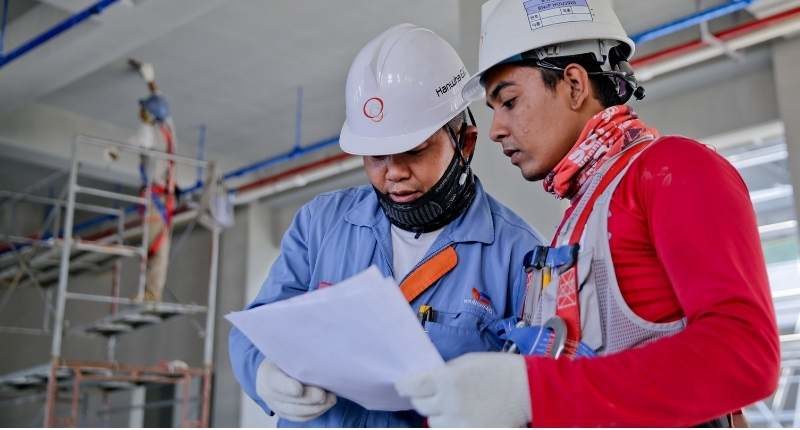- Total dwelling units approved fell by 19.4% between December 2020 and January 2021
- Private sector dwellings excluding houses approvals fell by 39.5% compared to December figures
- None of the states saw an increase in dwelling approvals over the past month
According to data from the Australian Bureau of Statistics (ABS), total dwelling units approved fell by 19.4% between December 2020 and January 2021, however, the yearly change is still higher at 19%
In terms of private sector houses, the monthly change in approvals has declined by 12.2%, however, the yearly change is still 38% up.
The biggest decline by far is for private sector dwellings that aren’t houses – this includes units, apartments, and townhouses. Only 3434 of these dwellings were approved in January 2021 representing a 39.5% decline compared to the previous month. On a yearly basis this is a decline of 22.7%.
The December 2020 total approval figure of 19,753 was the highest recorded since March 2018 when the figure was 20,012 and still well below the record of November 2017 which was 23,358 approvals.
Interestingly, both Victoria and Queensland recorded 19% declines in private-sector home approvals, by far the most of any state that reported this data. None of the states recorded a monthly increase.

Over the past decade, approvals for both private sector houses and private sector dwellings excluding houses have historically followed a similar trend, albeit houses have less volatility.
This most notably changed in the past year when private sector houses increased sharply but other types of private dwellings overall declined.
Factors influencing the yearly rise include Homebuilder and various other grant schemes which include grants when either building or substantially renovating a home.
HomeBuilder was wounded back from a $25,000 grant to $15,000 for contracts signed between January 1 and 31 March 2021, which could explain the fall in approvals in January. Additionally, lockdowns and restrictions, such as Sydney’s Northern Beaches lockdown, may have contributed to this decline.
Additionally, with more Australians working from home than before, many homeowners are willing to spend more on a property due to the greater amount of time being spent at home. This, coupled with the oversupply of apartments in certain parts of the country, could explain the gap between houses and other dwellings.








